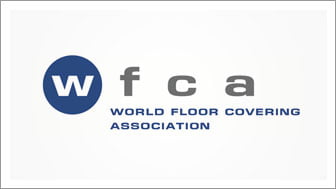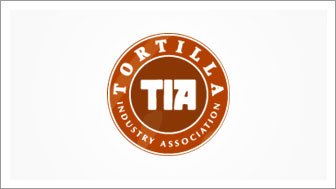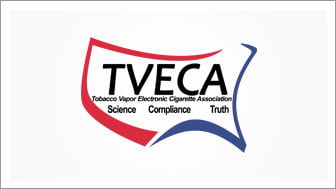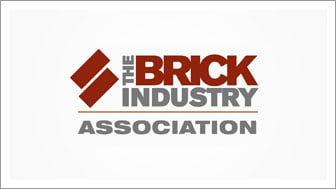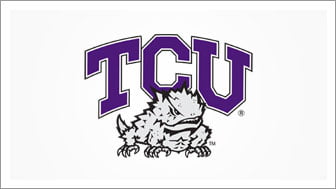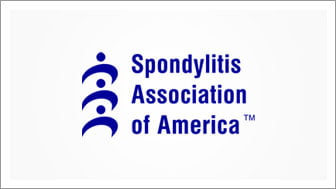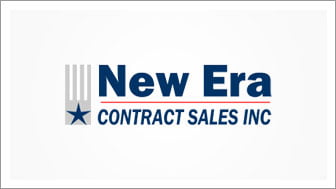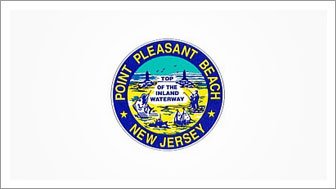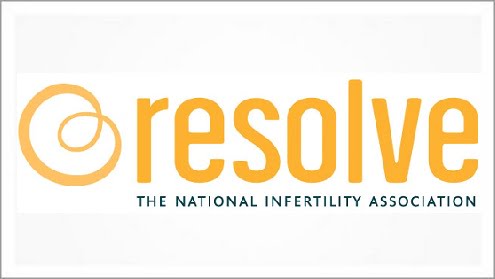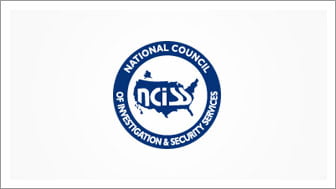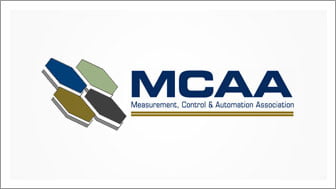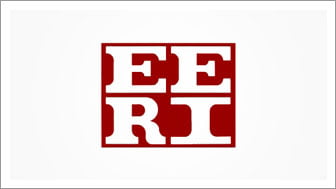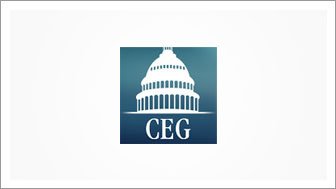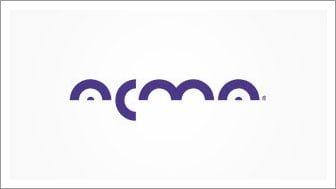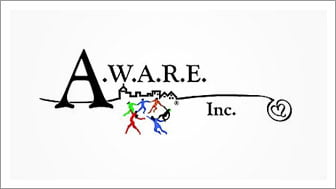“Lobbyit.com have proven to be a perfect fit for our government relations needs. We have a small government relations department covering all of North America at the federal, state and local levels. Their ability to bring our issues before the proper stakeholders has been impressive. They have helped us prepare the proper talking points to make sure our story is told and our issue addressed. I would highly recommend Lobbyit.com to represent any private sector or nonprofit organization before the federal government.”
What is a Washington DC lobbyist
A Washington D.C. lobbyist is someone who understands how the federal government works. A multitude of legislative decisions are made every day and their broader impacts are often unclear. A lobbyist provides a voice to make members of Congress and others in the government aware of the issues and concerns of a segment of American society. Although the popular perception is that lobbyists only serve “special interests,” certain lobbyists advocate on behalf of many everyday interests. A lobbyist may represent a business, professional association, city or town, or non-profit organization. Although many lobbying firms charge high fees for representation, Lobbyit is unique in that its reasonable rates allow wider access to lobbying services.
Changes in the federal legal and regulatory structure impact an organization’s profits and the ways in which it operates. New or altered laws and regulations shift the competitive landscape and the pathways businesses seek for growth. Major decisions take place behind the walls of the Capitol Building and other government facilities in Washington D.C. The general public does not have access behind the closed doors where these discussions take place, even if they are familiar with the names of elected officials. A lobbyist serves to bring the interests of the client into important conversations.
A lobbyist represents your interests. One can practice in many areas, or specialize in a particular area. For instance, a lobbyist can represent a university, healthcare organization, transportation agency, manufacturer, or a business in just about any industry. While lobbyists seek to persuade targeted government officials, they cannot offer gifts or inducements to sway an opinion or achieve a goal. They can work for a larger company, a lobbying firm, or be self-employed. Tens of thousands of lobbyists are registered in the city, as required by the Lobbying Disclosure Act.
Lobbyists are usually former government officials, attorneys or policy experts with significant experience in the inner workings of the federal government. However, a lobbyist may also be an individual with a desire to affect change on a federal level. The Association of Government Relations Professionals (AGRP) offers a formal certification program,. The AGRP certification program is a continuing education program that helps people better understand the legislative process and what it means to lobby on behalf of organizations.
Without the voice of a lobbyist, government officials and agencies wouldn’t know that certain interests exist. It is important to have representation as laws and regulations change. Commercial businesses may end up fighting for survival if one particular law changes how they operate. With an effective lobbyist, those affected by government action have the ability to effectively communicate concerns and raise objections.
Many lobbyists work in Washington D.C. offices located on K Street, in downtown Washington D.C. The most established of organizations in the field offer professional services based on the type of business or interest of the company. A Washington D.C. lobbyist understands how laws are made, the rules for documentation, and the people who are involved in drafting and approving such legislation. Being located in the downtown area of the nation’s capital also helps, because they are close to where the action takes place.
Every American has the right to petition the government, many people do not have the time or resources to do so. While any company can seek the help of a lobbyist, some industries are well known for their lobbying. The most active industries include health products, insurance, oil and gas, electric, and technology companies. The well-known industries are just the tip of the iceberg, small groups of concerned citizens and businesses have an equal right to petition the government. Lobbyit allows small organizations who would otherwise not be active in lobbying to have the same influence as the top lobbyist clients
A lobbyist does more than simply communicate with government officials. They are skilled at the art of persuasion, but are equally competent at analyzing legislation and proposals for new regulatory changes. Lobbyists also serve to notify and instruct government officials on important matters. There are many ways to extend influence. Some lobbyists conduct advertising campaigns or have business relationships with noted opinion leaders in Washington D.C. and elsewhere.
It is important to have a lobbyist on your side. Without representation by a registered lobbyist, you have no control over the decisions made by Congress and the impact they can have on your business or organizational well-being.
"*" indicates required fields
Client Feedback
Every Client Satisfied & Says About Our Firm

Carfax, Inc.
Faisal Hasan, Director of Government
“I can fully recommend the services of Lobbyit.com to anyone who is interested in having a dedicated legislative voice in Washington D.C. Our association has retained the services of several legislative firms with varying results and began our relationship with Lobbyit.com in mid-2009. They have been very attentive to our legislative agenda and have been quick to respond as those items that we have asked them to follow move through the lattice of the legislative process. Furthermore, I am very confident that they provide a value for our legislative funds that far surpasses our previous experiences.”

Aircraft Mechanics Fraternal Association
Louie Key, President

Independence BioProducts
Brad Lambert, Chief Financial Officer
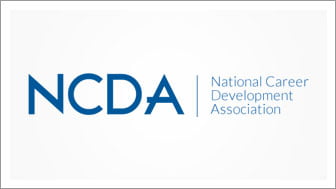
National Career Development Association
Cynthia Marco-Scanlon, President
Client Portfolio



